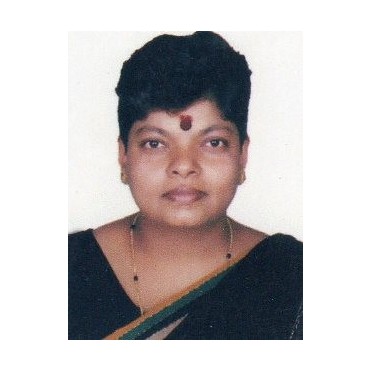Overview
The Primary care of General Physicians involves:
- Diagnosing and treating a wide range of health disorders and referring to specialists’ opinions if necessary.
- Providing care and advice to the in-patients who are under the other specialists.
- Provide general and preventive medicines to adults of all ages.
- Manages physical conditions like asthma, arthritis, diabetes, hypertension, high cholesterol, and heart disease.
Here are some of the conditions that are diagnosed and treated by the General Medicine physicians of Punya Hospital:
Fever - Fever is the most common disease affecting people. To evaluate fever, your doctor may ask medical history and symptoms. The doctor conducts a physical examination and recommends undergoing a blood test if necessary. For low-grade fever, the doctor may not prescribe many medications. For high fever, medications such as acetaminophen or ibuprofen are given.
Acute respiratory infections - Infections involving the upper respiratory tract (ears, nose, throat, and sinuses) or lower respiratory tract (trachea, bronchial tubes, and lungs), usually caused by a virus. Symptoms vary depending on which systems are affected. Antibiotics are necessary only if there is a secondary bacterial infection.
Asthma - A chronic disease that affects the airways. In people with asthma, the airways are inflamed and sensitive to allergens or irritants. During an asthma attack, the airways get narrower and less air flows to the lungs, causing symptoms like wheezing, coughing, chest tightness and difficulty breathing. Asthma can be managed by avoiding things that bring on asthma symptoms and by taking medication to control symptoms and prevent attacks.
Chest pain - Severe, sudden chest pain — especially if it accompanied by pain in the left upper arm, sweating and nausea, or severe shortness of breath — requires immediate medical attention, as it may indicate a heart attack. Other causes of acute chest pain include pneumonia, bronchitis, gastritis, esophagitis, and asthma. Chronic chest pain can arise from many causes, including angina, hiatal hernia, gallbladder disease, ulcers, and chronic bronchitis. Internal Medicine physicians are skilled in determining the source of chronic chest pain and prescribing therapies to address the underlying cause or alleviate the symptoms.
Diabetes - A disease marked by high blood sugar levels. Blood sugar levels are regulated through the actions of a hormone called insulin. Diabetes occurs when there is too little insulin, resistance to insulin, or both. Depending on the type of diabetes, treatment may require daily insulin injections or drugs to increase insulin production, make insulin more effective, or slow absorption of glucose from the gut. Lifestyle changes, such as weight loss, exercise, and dietary changes, may also be important.
Thyroid malfunctions - Thyroid gland is responsible for the metabolic process in the body. Thus the disorders in thyroid gland slow down the body's metabolism rate. The most common thyroid problem is abnormal production of thyroid hormones which leads to conditions like hyperthyroidism and hypothyroidism. These problems may result in various physical problems such as weight loss or weight gain, excess fatigue and if it is left untreated it may lead to cancer.
Influenza - It is a contagious respiratory illness caused by a virus. Symptoms include fever, headache, dry cough, sore throat, runny or stuffy nose, muscle aches, tiredness, and stomach symptoms. Complications of the flu can be very serious, including pneumonia, dehydration, and worsening of chronic medical conditions. The best way to prevent the flu is to be vaccinated in the fall.
Migraine - It is severe disabling headache. In some cases a migraine is preceded by a warning sign (aura) such as flashes of light or a blind spot. In addition to intense pain, a migraine may cause nausea, vomiting, and extreme sensitivity to light and sound. There is no cure for migraines, but the frequency and severity of migraines can be reduced with medication.
Apart from these diseases, high cholesterol, abdomen pain, cough, pneumonia, anxiety, and other diseases are covered and treated under general medicine.
The common standbys are always true: Diet and exercise are key ingredients in a healthy lifestyle. But did you realize that getting a good night’s sleep is also vital for good health? Your general practitioner will help you identify positive behaviors you may have overlooked that are pertinent to your well-being.
Patients are able to eat after all their tests are completed and the physician has evaluated the results. On average, it is within three to four hours. However, it is sometimes necessary for patients to remain "NPO" (nothing by mouth) until further tests and/or studies are completed.
Because pain medication can mask important clues to your medical condition, it may not be given until tests are completed and the physician has evaluated the results. However, treatment for pain is important so please let your nurse or physician know when you are experiencing pain or if there is no relief from the medication that was prescribed. You will be asked to rate your pain throughout your stay in our department and, if admitted, on our medical floors.
Yes, usually, but the number of visitors in the emergency treatment area is kept to a minimum. Occasionally, visitors will be asked to remain in the ED lobby until your loved one is placed into the room and settled into their environment. Usually, two visitors per patient are allowed in most areas of the department. This gives the emergency team sufficient space to do their job quickly and effectively. And it ensures that patients are receiving the best medical care possible while maintaining an appropriate level of privacy. Every effort is made to keep your loved ones informed of your condition and allow them to be with you when possible.
Upon admission to the hospital, you will remain in the Emergency Department until your inpatient room is ready. Your admitting physician will visit you during their designated "patient rounds."
Meet Our Doctors
A Professional & Care Provider
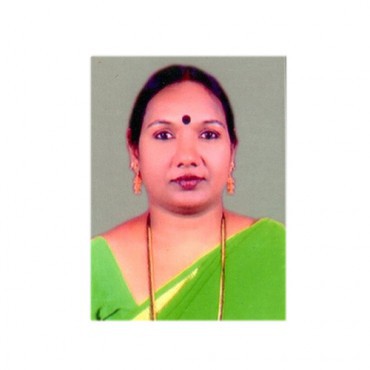
Dr. PADMAVATHI H L
Medical Director
Dr. Padmavathi H L is the founder of the Punya Hospital in Channaptna. She is a General Practitioner with an experience of 36 years in this field
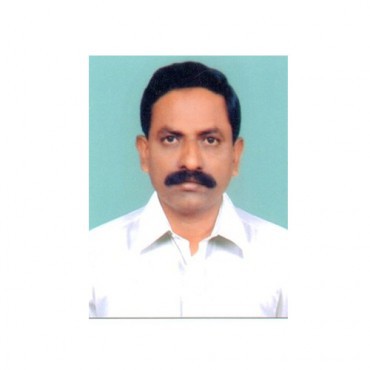
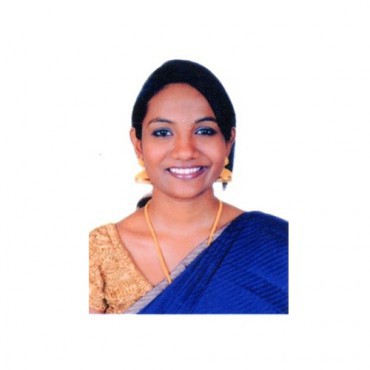
Dr. PUNYA B S
Obstetrics and Gynaecology
Dr Punya B S is practicing Obstetrics and Gynaecology at Punya Hospital in Channapatna from past 5 years
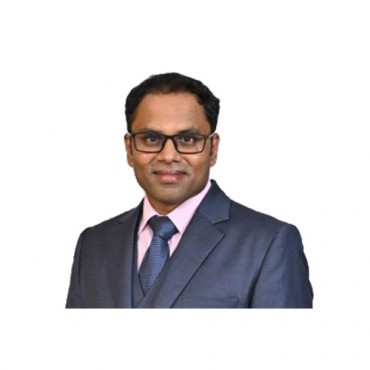
Dr. NANDEESHKUMAR G N
General Surgery
Dr Nandeeshkumar G N is a General and Laparoscopic surgeon with 6+ years of experience at Punya Hospital in Channaptna
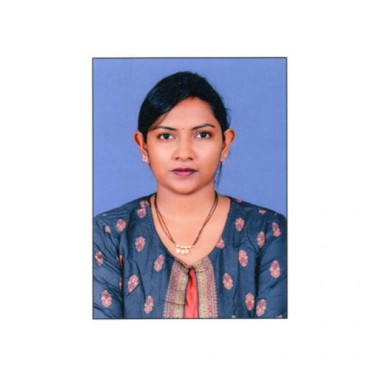
Dr. RENYA B S
MBBS, MD Radiologist
Dr Renya B S has completed her MBBS and MD in Radiology from Rajarajeshwari Medical College, Bangalore
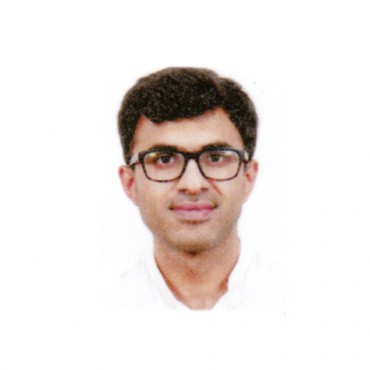
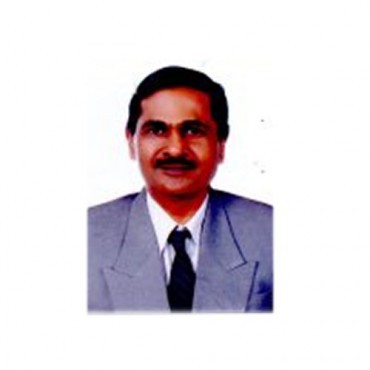
Dr. NAGENDRAPRASAD A N
Anaesthisiologist
Dr Nagendraprasad A N is practicing as Anaesthisiologist in Punya Hospital, Channapatna
